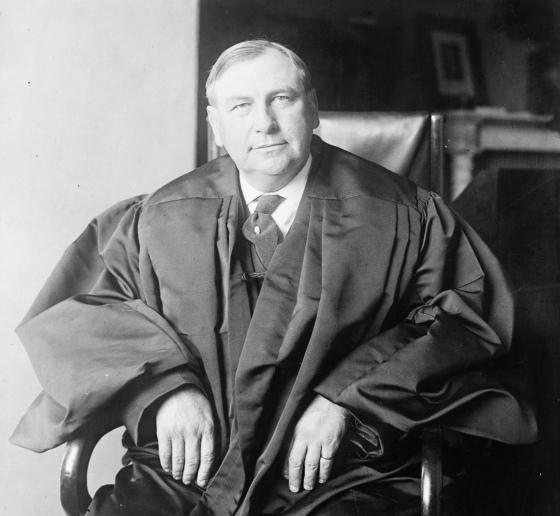“Providing for Columbia Law School is a way to fulfill philanthropy goals with the hope that others will enjoy the opportunities I have had.”
– Barbara Shiers ’80
The Harlan Fiske Stone Society
We invite you to join the Harlan Fiske Stone Society and reaffirm your commitment to the future of Columbia Law School.
Membership strengthens our community and draws upon a collective sense of purpose that connects the legal academy and the application of the law in the global community.
Your gifts have a direct impact on our educational mission and reinforce our aspiration to be the leading center for legal education in the world. Gifts can be directed to support:
- Dean’s Discretionary Fund
- Faculty support
- Student support
- International and LL.M. programs
- Public service and public interest law
- Library and infrastructure
- And other initiatives
Donors making a cash gift at one of the below levels during a fiscal year (July 1 to June 30) are recognized for their generosity as Harlan Fiske Stone Society members. They will be listed in the Annual Report and receive access to exclusive communications as well as invitation-only events and experiences.
| Dean’s Leader | $100,000 and above |
| Dean’s Cabinet | $50,000 – $99,999 |
| Dean’s Circle | $25,000 – $49,999 |
| Dean’s Counselor | $10,000 – $24,999 |
| Dean’s Benefactor | $5,000 – $9,999 |
| Dean’s Patron | $2,500 – $4,999 |
Recent graduates up to nine years out are invited to join the Harlan Fiske Stone Society with gifts starting at $500.
The Harlan Fiske Stone Society Award is presented each year at a reception to honor an individual who has demonstrated what it truly means to be a loyal supporter of the Law School–leadership in annual giving, volunteerism, civic engagement, and contributions to and achievements within the legal profession.
Past Recipients
2025: Jeffrey L. Kessler
2024: Gillian Lester
2023: Cathy Kaplan
2022: Skip Rankin
2019: Susan Waltman
2018: Susan Lindenauer
2017: Blair Fensterstock
Planned gifts give back, allowing you to take sizable income, capital gains, and estate deductions on your taxes. They can provide income for you and your family for life.
If you choose to include Columbia Law School in your estate plan, please contact the Development team at 212-854-2680. We would like to recognize your generosity by welcoming you to the Kent Affiliates, the Columbia Law School branch of the 1754 Society. Learn more on our Bequests and Planned Giving page.
